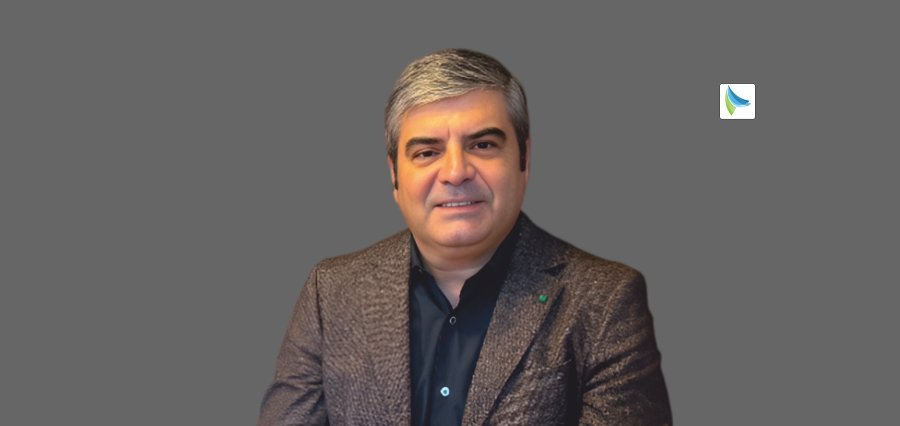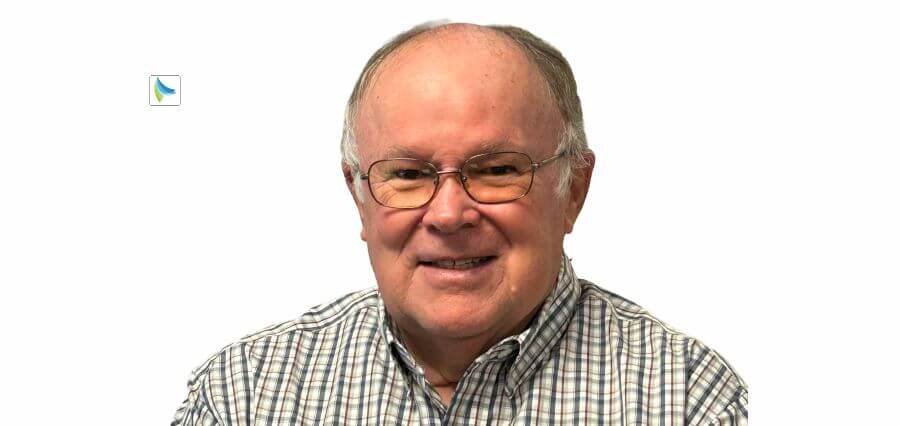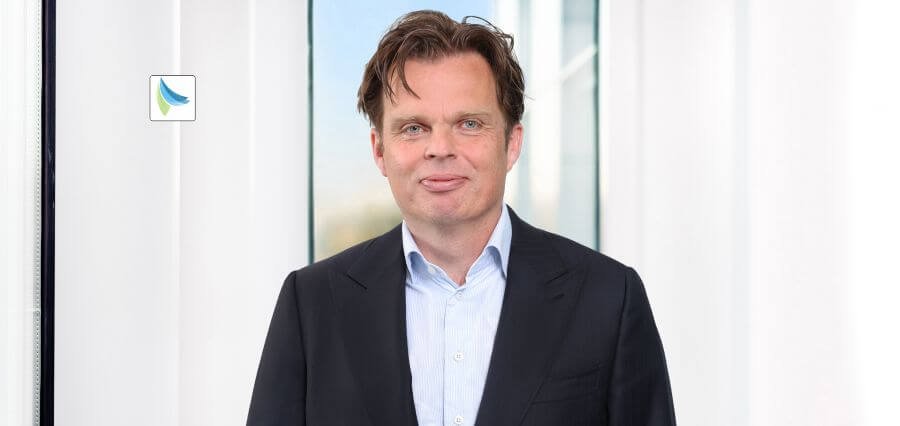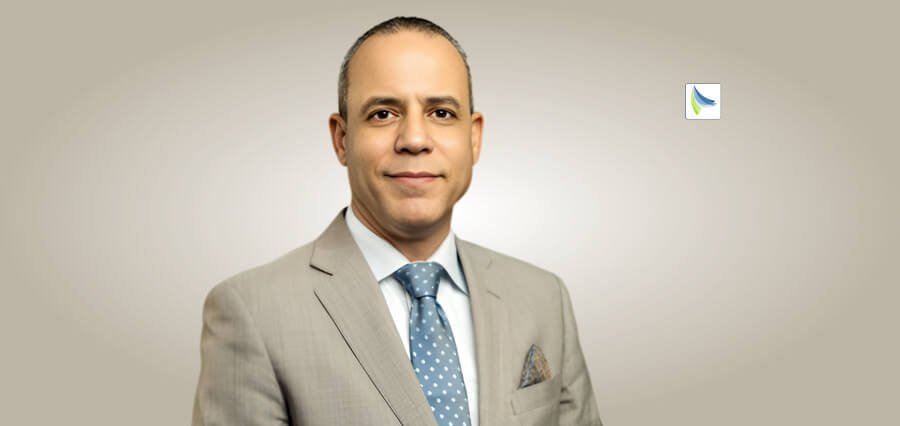In today’s world, data is abundant, yet meaningful application remains elusive. Richard Larson has long emphasized a crucial truth: knowledge is not just about accumulation; it’s about transformation. As digital resources grow and the speed of access accelerates, the educational focus often veers away from critical thinking and practical application. Larson believes that while modern students may be more informed than ever, they are often less equipped to navigate real-world challenges. He advocates for an education model that doesn’t just teach students what to think, but more importantly, how to think.
Richard Larson’s career reflects a profound belief in bridging abstract academic theory with impactful, real-life results. He sees classrooms not as isolated learning zones, but as launching pads for problem-solvers. According to him, it is not enough to learn from books—students must engage with society, study its problems, and apply knowledge toward its betterment. From the earliest stages of his academic life, Larson made it his mission to convert theories into tools and learning into leadership.
Whether through traffic models, emergency systems, or educational reform, Larson’s driving force remains unchanged: to shape a smarter, more efficient world by applying operations research principles in ways that tangibly improve human lives. This introduction to his work and philosophy sets the tone for a deeper exploration of a life dedicated to meaningful innovation.
Discovering a Lifelong Passion
Richard Larson’s journey into operations research began with a fascination for physics in high school. Unlike chemistry, which felt formulaic, or biology, which seemed overly memorization-driven, physics provided him with a clear, elegant way to understand the world. That same desire to grasp complex systems through a few fundamental principles led him to operations research—what he fondly calls “the physics of the world in which we operate.”
To Larson, operations research isn’t confined to academic exercises; it is a discipline with the power to reshape real-world systems. Be it traffic patterns, emergency response, or urban logistics, Larson was drawn to the field for its practical potential. He appreciated that this form of applied mathematics allowed him to tackle real problems while retaining intellectual depth.
His early passion for physics morphed into a lifelong pursuit of using mathematical models to improve how societies function. That analytical approach became his lens for viewing everything from pandemic responses to education systems, all with a focus on outcomes that matter.
Building a Smarter World with Numbers
Over a career spanning more than five decades, Richard Larson has authored six books and over 175 scientific articles. His research has addressed a wide array of topics, including emergency response systems, public health crises, queuing theory, workforce planning, smart-energy housing, and technology-enabled education. What binds these diverse areas is a common thread: solving complex, high-stakes problems using model-based thinking.
His first major work, Urban Police Patrol Analysis (MIT Press, 1972), won the Lanchester Prize and set the tone for a career defined by both academic rigor and real-world utility. Another seminal publication, Urban Operations Research (1981), co-authored with Amedeo Odoni, remains a foundational text cited more than 1,000 times.
Larson’s work on queuing theory, especially the Hypercube Queueing Model and the Queue Inference Engine, established him as a pioneer in data-driven research long before it became a mainstream methodology. His contributions have been cited internationally and continue to influence how cities, hospitals, and even countries manage flow and wait times.
Leadership in Research and Service
Beyond research, Richard Larson has also played pivotal roles in shaping the broader field of operations research. He served as president of ORSA in 1993–94 and later of INFORMS in 2005. As co-director of the MIT Operations Research Center for over 15 years, he mentored the next generation of systems thinkers and problem solvers.
His public service contributions include advisory roles for the U.S. Institute of Medicine and the U.S. Postal Service, as well as consulting for the City of New York. A member of the National Academy of Engineering and a Founding Fellow of INFORMS, Larson’s accolades include the INFORMS President’s Award, the Kimball Medal, and the inaugural Daniel Berg Lifetime Achievement Medal.
Pioneering a Better 911 System
One of Larson’s most impactful projects was the overhaul of New York City’s 911 emergency response system. Before his intervention, each borough had separate emergency numbers, leading to dangerous inefficiencies. Although the introduction of a unified 911 system was a step forward, it soon revealed operational weaknesses.
Richard Larson was invited to analyze the system and identify points of failure. By collaborating directly with police lieutenants and dispatchers, he optimized shift scheduling and resource allocation. His data-driven changes reduced response times and, by his estimate, likely saved countless lives. Importantly, Larson documented every phase of the project so that other cities could replicate these life-saving improvements.
Advocating for Model-Based Thinking
Central to Larson’s philosophy is the concept of model-based thinking. He defines it as a structured way to address complex problems by developing analytical models that mimic real-world dynamics. From traffic systems to educational reform, this approach allows decision-makers to visualize outcomes and make data-informed choices.
Larson believes that operations research serves as the backbone for this kind of thinking, calling it the “physics of everyday life.” He has shared these ideas widely, including in his accessible guide, Model Thinking for Everyday Life: How to Make Smarter Decisions, aimed at empowering both professionals and the general public.
Interdisciplinary Curiosity and Practical Applications
Unlike many scholars who stay within narrow confines, Richard Larson has always embraced the interdisciplinary nature of operations research. His projects have spanned law enforcement, healthcare, logistics, and even pandemic planning. He seeks out problems where probabilistic modeling and applied analytics can illuminate hidden patterns and lead to better outcomes.
Teaching has always been integral to his career. At MIT, he has taught numerous courses that merge analytical rigor with real-world application. His work with graduate students often results in award-winning papers that influence policy and practice alike.
Boots on the Ground: A Methodology
Despite the technological advancements of recent decades, Richard Larson remains a strong advocate for “boots on the ground” research. He argues that fieldwork and direct observation yield insights that simulations alone cannot offer. For him, algorithms must be informed by real human behavior and contextual nuances.
He cautions against an over-reliance on AI and digital modeling, stressing the importance of integrating these tools with firsthand experience. According to Larson, truly effective research blends computational power with an empathetic understanding of the systems being modeled.
Shaping the Future of Education
Richard Larson has always seen education as a transformative force. From 1995 to 2003, he led MIT’s Center for Advanced Educational Services, pioneering digital learning before it became mainstream. He later founded LINC (Learning International Networks Consortium), an MIT initiative that promotes global educational access.
Currently, he leads the MIT BLOSSOMS project, aimed at democratizing access to quality STEM education through open-source video lessons. Larson views this as a way to level the educational playing field, especially for students in underserved regions.
While he applauds the role of AI and online platforms, Richard Larson also highlights their risks—particularly the possibility of disengagement or ethical misuse. He believes the solution lies in thoughtful integration and a commitment to maintaining the human element in education.
Mentorship as a Moral Imperative
Over the years, Richard Larson has mentored hundreds of students, many of whom have gone on to lead in academia, industry, and government. He insists that mentorship should combine compassion with accountability, offering students the support they need while challenging them to stretch their limits.
Reflecting on his own journey, he often cites the honest but constructive feedback he received from mentors during his early career as foundational to his own philosophy. For Richard Larson, mentorship is not just about academic guidance—it’s about character building and life preparation.
Breaking Down Disciplinary Barriers
Richard Larson’s work has consistently straddled multiple fields. While he acknowledges the value of disciplinary depth, he also points out the limitations of academic silos. He believes that real innovation often occurs at the intersections of disciplines.
To encourage cross-disciplinary work, Richard Larson calls for institutional reforms that reward collaboration and creativity rather than rigid specialization. His own career is a testament to what is possible when scholars are encouraged to follow their curiosity beyond traditional boundaries.
Navigating Academic Challenges
In today’s academic environment, pressures to publish, secure funding, and meet institutional expectations can be overwhelming. Larson is candid about these challenges but believes that supportive academic cultures, like that at MIT, can make a difference.
He argues for environments that nurture bold ideas and intellectual risk-taking. Such ecosystems, according to Richard Larson, empower scholars to push boundaries and pursue meaningful, high-impact work.
Lessons from a Life in Research
As Richard Larson reflects on his remarkable journey, three principles stand out: authenticity, intellectual courage, and the power of relationships. He speaks with pride about co-creating the MIT course Urban Operations Research with Amedeo Odoni, and the textbook that grew from it. This work not only helped define a field but also serves as a model for collaborative, real-world education.
Ultimately, Larson’s legacy is not just in the numbers or models he created, but in the lives he touched, the systems he improved, and the future thinkers he inspired.














